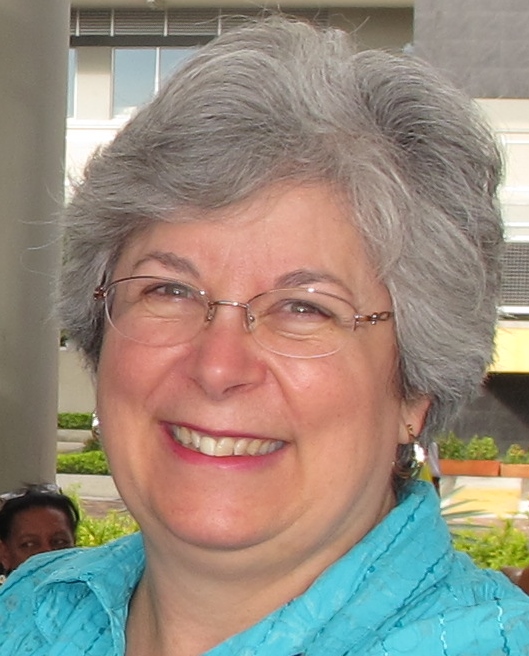The word vocation has a broad meaning and is often misunderstood, but at its core it is a call. The Second Vatican Council defines vocation as the “universal call to holiness” that is in the heart of every human being. This call is an invitation from God to love others and to love God. The distinct way you live out that love is your vocation. Every vocation is a religious vocation because God does the calling.
 God extends a personal invitation to each of us. “Vocation,” according to Pope Francis in his exhortation Christus Vivit, “has nothing to do with inventing ourselves or creating ourselves out of nothing. It has to do with finding our true selves in the light of God and letting our lives flourish and bear fruit.”
God extends a personal invitation to each of us. “Vocation,” according to Pope Francis in his exhortation Christus Vivit, “has nothing to do with inventing ourselves or creating ourselves out of nothing. It has to do with finding our true selves in the light of God and letting our lives flourish and bear fruit.”
Qualities for Vocations. Explore the “Growing in Virtue” segments found in each chapter in your Family Life program. Also, look up “virtues” in your Blest Are We Faith in Action and Be My Disciples program books. Explain to students that virtues are qualities we can develop to help us live our universal vocation, our call to holiness.
Flowing from Baptism. The ministry of lay Catholics, whether formally instituted by the church or simply inspired by the Holy Spirit to serve the needs of others, flows from baptism and a recognition that every Christian is called to take part in the mission of the church. As Pope Francis said, "All ministries are an expression of the sole mission of the church, and they are all forms of service to others."
Marriage and Holy Orders and More. Only two of many vocational choices are numbered among the seven sacraments. While married life, priesthood, and the deaconate are indeed essential vocations, someone could also be called to serve God in single or consecrated life.
Called to Be Catechists. Some Catholics are lectors, acolytes and catechists. These church ministries, volunteer or professional, do not require ordination. Invite a lay minister to visit your class and speak about why they have answered this calling. Catechists help their students find joy in learning, encounter Christ, and listen to the promptings of the Holy Spirit to discover their passions and use their talents for service. In these ways, you help them discern and live out their future vocations.
Equipped to Serve. Brainstorm vocations with students and include occupations that are not directly church-related, such as healthcare, technology, ecology, transportation, art, music, public safety, or farming. What skills do those in these professions need? How does a person’s faith impact how do their chosen work?
Discerning Gifts and Talents. In a spirit of prayer, ask your students to look into their hearts and examine the joys and strengths they find there. Help students begin to see how their interests can be the beginnings of a calling from God for future development. How could they use those joys and strengths in service to the world and the church. For example, if someone loves swimming, how could they put that gift to use for others? If someone enjoys hiking, where would that serve other people?
 About the Author
About the AuthorDr. Lauri Przybysz specializes in equipping families to live their vocation to be domestic churches and signs of God’s love. Lauri received the Doctor of Ministry from the Catholic University of America, and she has been both a Catholic middle school religion teacher and a faith formation coordinator at the archdiocesan and parish levels. She is the mother of six children and grandmother of 21.
Product Highlight
Family Life Second Edition
Family Life Second Edition is the newly updated edition of RCL Benziger's leading K-8 supplemental program that addresses key concerns of today's Catholic families. Family Life includes child safety education in every grade level, promotes virtuous living, and strengthens Catholic identity.
The Family Life program reinforces the Catholic virtues and values that your students attain with their education. Family Life is essential to your school-based religious education program and meets Social and Emotional Learning (SEL) standards and benchmarks.
